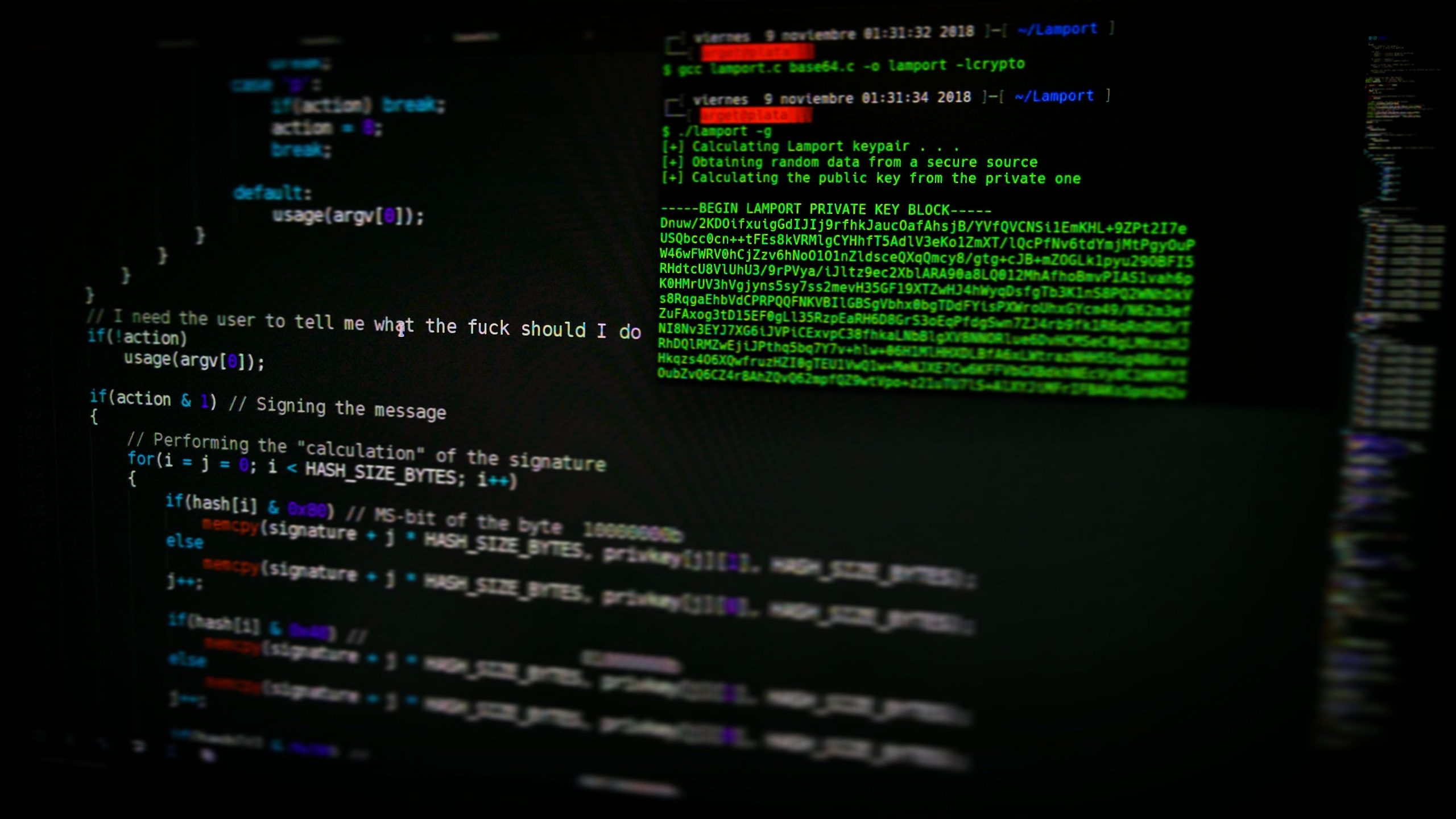At a point in time, where our digital information is far more valuable than all the stacks of paper in our personal cabinet, every individual is incredibly vulnerable to hackers and ransomware attacks.
But one of the most important personalities in the United States says he has the simplest technique to keep his cellphone secure. Member of the secretive Senate Intelligence Committee, Senator Angus King said he received some advice at a security staff briefing this year.
ALSO READ | Pegasus row: Why commercialisation of digital surveillance is a problem
What’s the advice to thwart phone hackers?
King said it’s a simple two-step process. First, turn off your phone. Second, turn it back on. Yes, that’s all there is to it.
ALSO READ | Kaseya ransomware attack: Hackers demand $70 million ransom
As they say “old is gold” and the oldest and simplest trick in the computer fixing book still works. Although the aforementioned process won’t make your phone impossible to hack or its security invincible, regularly rebooting phones can make it difficult for even the best hackers to maintain access and steal data from a phone.
Last year, the National Security Agency issued a “best practices” guide for mobile device security, which also recommends rebooting a phone every week as a way to stop hacking.
King, an independent from Maine, says rebooting his phone is now part of his routine.
“I’d say probably once a week, whenever I think of it,” he said, according to the Associated Press.
How does rebooting your phone fight off hackers?
Currently, top hackers are using “zero-click” exploits, which work without any user interaction instead of trying to get users to open something that’s secretly infected.
In this “zero-click” system, once the hackers gain access to a device or network, they look for ways to persist in the system by installing malicious software to a computer’s root file system.
However, owing to Apple and Google’s latest efforts, it is becoming difficult to persist in the system.
That encourages hackers to opt for “in-memory payloads” that are harder to detect and trace back to whoever sent them. However, such hacks can’t survive a reboot, but often don’t need to since many people rarely turn their phones off.







